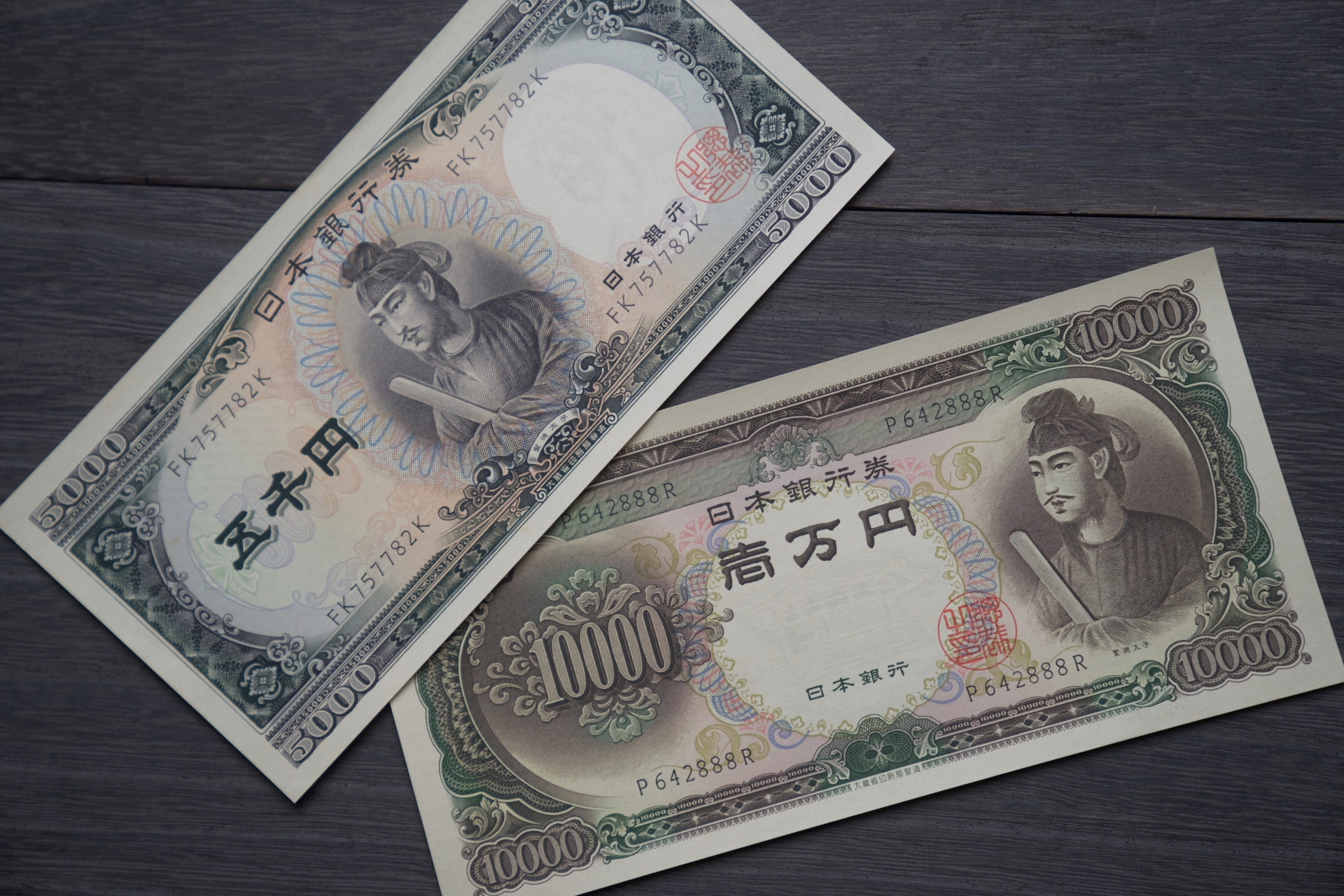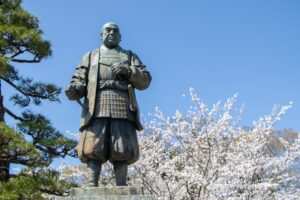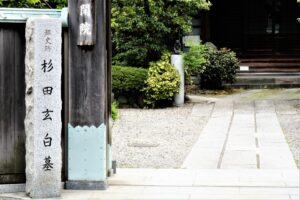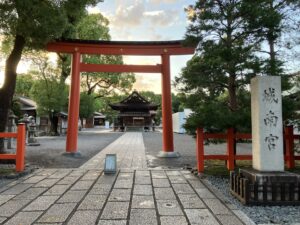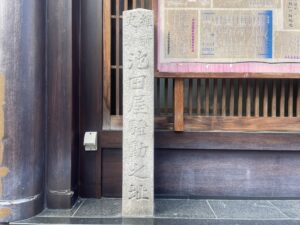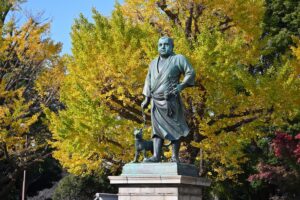Prince Shōtoku is one of the most celebrated historical figures in Japan, remembered for his influential role in promoting Buddhism and shaping early Japanese governance. His achievements during the Asuka period laid the groundwork for many of Japan’s cultural and political developments. This article explores Prince Shōtoku’s life, his contributions to Japanese law and Buddhism, and his lasting legacy.
Early Life and Background of Prince Shōtoku
Born in 574 CE, Prince Shōtoku (聖徳太子, Shōtoku Taishi) was a regent and political figure during Japan’s Asuka period. He was born into the Yamato royal family, son of Emperor Yōmei, and was closely connected to Japan’s imperial lineage. From an early age, he displayed a keen interest in governance and religion, which later defined his legacy. Shōtoku was appointed regent to his aunt, Empress Suiko, and began to implement sweeping reforms in governance, religion, and culture, drawing inspiration from the teachings of Buddhism and Confucian ideals.
Contributions to Japanese Governance
One of Prince Shōtoku’s most significant achievements was his role in reforming Japan’s political system. As a statesman, he introduced the Seventeen Article Constitution in 604 CE, which was a set of principles intended to guide the behavior of government officials. This constitution emphasized harmony, the importance of ethical governance, and respect for authority. Shōtoku also promoted the centralization of power under the emperor, drawing heavily on Confucian ideals to instill a sense of moral duty among bureaucrats and court officials.
The Seventeen Article Constitution: A Milestone in Japanese Law

The Seventeen Article Constitution is often regarded as Japan’s first written legal code. It was groundbreaking in its attempt to unify government actions under a moral and ethical framework. Unlike modern constitutions, it was less about legal structure and more about promoting proper conduct. Shōtoku emphasized cooperation, public welfare, and respect for Buddhism as essential elements of governance. His efforts laid the foundation for a more centralized government and introduced ethical guidelines that influenced Japanese politics for centuries.
The Introduction of Buddhism in Japan
Prince Shōtoku is also credited with popularizing Buddhism in Japan, which had been introduced to the country only a few decades earlier. He became an ardent supporter of the religion, seeing it as a means to promote peace and social order. He commissioned the construction of several Buddhist temples, the most famous of which is Shitenno-ji in Osaka. Shōtoku also penned commentaries on Buddhist scriptures, further cementing his role as a religious reformer.
Prince Shōtoku’s Influence on Religious Art and Architecture
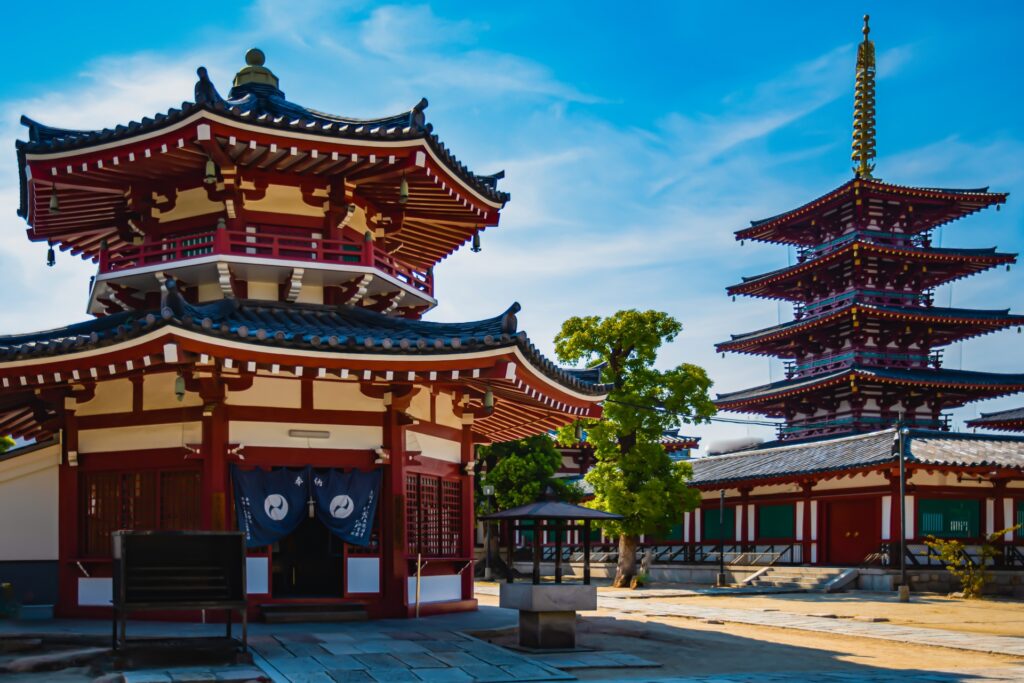
The spread of Buddhism under Prince Shōtoku had a profound impact on Japanese art and architecture. Temples such as Shitenno-ji and Horyu-ji became not only centers of worship but also hubs for artistic development. These temples are renowned for their architectural beauty and the intricate Buddhist statues and murals they house. The introduction of Buddhist art forms influenced by Chinese and Korean styles led to a flourishing of religious expression in Japan.
Legacy of Prince Shōtoku in Modern Japan
Prince Shōtoku’s influence extends beyond his lifetime, and he remains a revered figure in Japan’s cultural memory. His contributions to governance, religion, and cultural development are seen as essential elements of Japan’s historical trajectory. Modern political leaders have often looked to his reforms as a foundation for Japan’s bureaucratic and ethical systems. Additionally, his promotion of Buddhism has left an indelible mark on Japanese religious practice, and he is frequently portrayed in Japanese art and literature as a paragon of wisdom and virtue.
Conclusion
Prince Shōtoku’s contributions to Japanese governance and culture cannot be overstated. His introduction of the Seventeen Article Constitution and the promotion of Buddhism shaped Japan’s early political and religious landscape. As a figure of historical and cultural importance, his legacy continues to be celebrated in modern Japan, reflecting the profound and lasting impact he had on the nation’s development.

